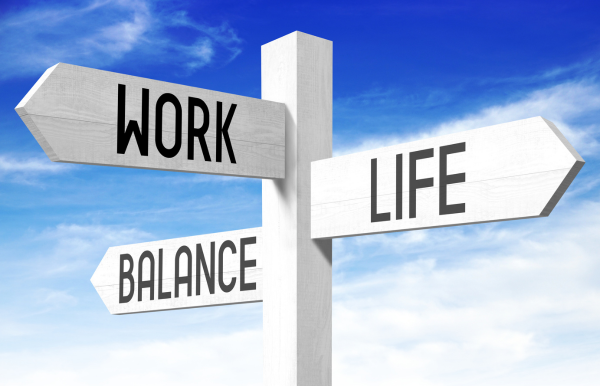Working Conversations Episode 113:
Americans Are Working Less. Are You?

Are you experiencing a better work-life balance now compared to three years ago?
Recent data suggests that you are.
In this episode, I delve into the reasons behind this phenomenon and explore the possible outcomes, from the potential for greater work-life balance akin to our European counterparts, to what this might mean for an already tight labor market, to what this may mean for the future of work.
In a surprising trend, US workers have reduced their average workweek by over half an hour in the past three years, according to research by Katharine Abraham and Lea Rendell.
This drop in hours worked is more pronounced among educated young men, high earners, and those considered workaholics (working over 55 hours per week).
While the pandemic played a part, it accounts for only 10% of the change. The remaining 90% is driven by individuals reassessing their priorities and pursuing activities outside of work, such as caring for others, education, and leisure.
But what does this mean for you? It impacts the labor market and contributes to the ongoing labor shortage. Furthermore, it reflects a shift from the "live to work" mentality to a more balanced "work to live" approach.
How about you? Do you feel a positive change in your work-life balance? Are you working fewer hours?
Listen and catch the full episode here or wherever you listen to podcasts. You can also watch it and replay it on my YouTube channel, JanelAndersonPhD.
If you’ve found this episode helpful, spread the word! Share this podcast episode with a friend whom you might think needs to hear this. Don’t forget to leave a review and 5-star rating, it would mean the world to me.
LINKS RELATED TO THIS EPISODE:
Episode 92: My Predictions for Work Life in 2023
Episode 94: Live to Work or Work to Live: Conflicting Values in the Workplace
